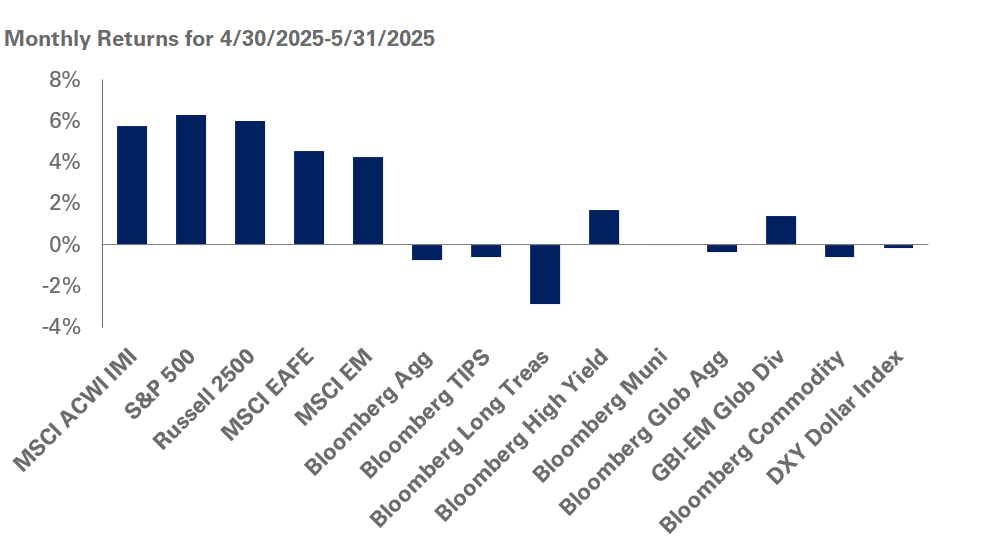NEPC Key Investment Themes represent our view of important macro-economic drivers of the global economy in 2023. Themes evolve and interact, influencing asset values, allocations, portfolio implementation and opportunities. A disruption of a theme likely alters market dynamics and our investment outlook.
EUROPE’S ENERGY TRANSITION
Europe’s energy crisis is just getting started.
While an unseasonably mild winter so far may have bought it time, the clock is ticking for the European Union as it scrambles to secure new sources of natural gas supply or risk facing severe shortages. The Russia-Ukraine conflict has precipitated the energy shortfall, exposing Europe’s industrial and consumer sectors to an energy shock as the EU works to reduce its dependence on Russia’s gas supplies. Higher energy prices will likely inflame global inflation and weigh down consumer sentiment and spending. In addition, an uptick in energy costs can intensify the current stagflation trends and challenge the European Central Bank’s ability to maintain stable prices.
Natural gas represents 25% of the European Union’s total energy consumption with half of the natural gas used for industry and power generation and the remaining half used for building heat. If Russia halts its remaining gas exports, Europe is at risk of a 1970s style energy shock in late 2023 and 2024 and will require significant rationing of gas demand. Alternative supplies from LNG imports and pipelines are largely maxed out for several years and colder winters will drain storage levels and push gas prices higher. Natural gas is a global commodity and prices will be stressed further as China’s reopening increases incremental global energy demand in the coming year.
The potential for an energy crisis comes amid a paradigm shift in markets in 2022 as rising inflation forced central banks to raise interest rates, a dramatic about turn from their emphasis on supporting investor sentiment and market liquidity. This change in priorities not only triggered a broad re-pricing across all financial assets, but also challenged the norms investors had come to expect over the last decade.
At NEPC, we believe these trends call for a more defensive portfolio bias. In this environment, fixed-income assets are relatively more attractive. The outlook for investment grade bonds has improved and is additive relative to existing strategic allocation targets for safe-haven fixed-income exposure. As equities lose some of their shine amid lower valuations and eroding profit margins, we recommend value-oriented stocks for their strong relative gains. Furthermore, we encourage assessing the benefit of diversifying assets as they offer greater efficiency and value for a portfolio especially with the uptick in macro-economic volatility.
We remind clients to hold greater levels of liquidity and to be prepared for the opportunities to rebalance equity that are likely to arise as markets try to make sense of these tumultuous times.



